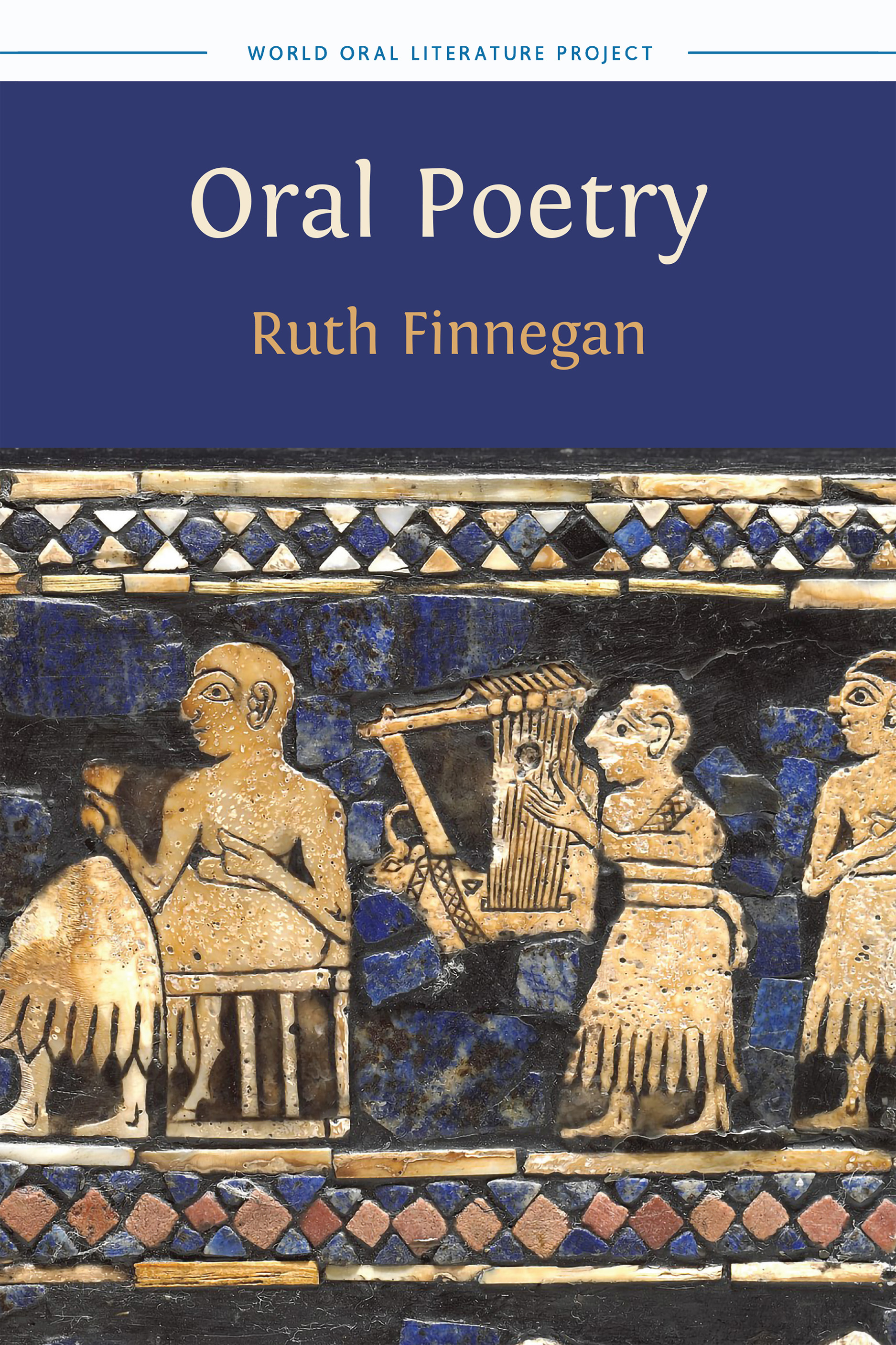Foreword
©2025 Mark Turin, CC BY-NC 4.0 https://doi.org/10.11647/OBP.0428.00
In 2012, through an exciting and collaborative partnership with Open Book Publishers, I launched the World Oral Literature series. The first book in this newly minted series was a revised and digitally enhanced edition of Ruth Finnegan’s ground-breaking Oral Literature in Africa.
Originally published in 1970, and widely praised as one of the most important books in its field, the updated edition was in many ways an experiment. We crowd-sourced the publication and in the process, tested the water to gauge the appetite for a publishing format that supported the preservation and promotion of oral literatures in innovative, responsive, multimodal, and culturally-appropriate ways.
We could not have dreamed of the uptake and interest that this new edition would have: as of April 2025, the online readership of Oral Literature in Africa has reached 193,000 and the book has been downloaded for free 130,000 times from all around the world. Critically for us, many of those downloads were from Africa. This early success gave us the confidence to push ahead with our series, and it is therefore with delight that I welcome this new edition of Ruth Finnegan’s extraordinary Oral Poetry as the thirteenth issue in the World Oral Literature series.
First published in 1977 with Cambridge University Press, with a second edition subsequently released by Indiana University Press in 1992, Oral Poetry is a huge contribution to our understanding of orality, performance and the spoken word. Finnegan’s approach is resolutely comparative without being reductive, showcasing the diversity of human expression in ways that illuminate and inspire. Oral Poetry is sociological in ‘the best way’, by which I mean that it helps, through illustration, to unearth common themes and expressions that bring us together, across time and space, by way of culture and language.
Finnegan’s approach is, as ever, deeply humanistic. Her lyrical writing invites the reader to pause with awe and linger with reverence at the beauty of what the mind can create and the human voice can articulate. Finnegan’s unique ability is to blend an analytical understanding of the nature and social context of oral genres with a profound appreciation and respect for the performers and audience who produce and consume these artistic expressions.
In her Preface to this edition, and with characteristic humility, Finnegan writes, “In a way, there is no longer a need for this book.” I generally find myself agreeing with Ruth Finnegan about pretty much everything, but in this, I must forcefully disagree.
At this inflection point in our history—as we grapple with the enormous consequences of the climate emergency and witness a global political tsunami in the wake of the re-election of Donald Trump—we need books like this and writers like Finnegan more than ever. Oral Poetry helps to remind us of the unwavering human potential to create beauty, enchant those around us and heal the wounds of our fractured society.
Dr Mark Turin
Director, World Oral Literature Project
Institute for Critical Indigenous Studies
Department of Anthropology
University of British Columbia
Vancouver, Canada
April 2025
